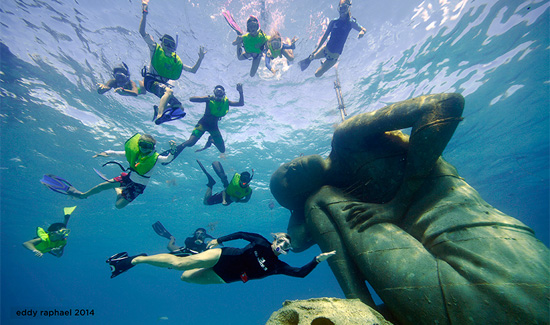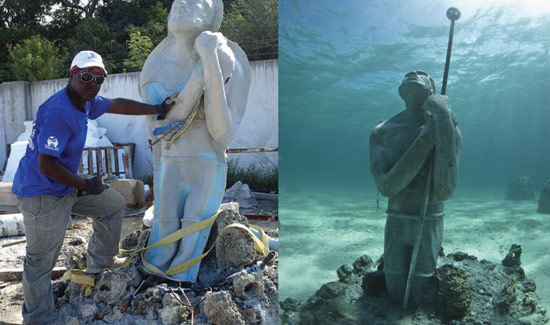
The Bahamas has called on members of the International Maritime Organisation to react responsibly to the increasing attacks on vessels and crew by pirates in open waters.
Paul Farquharson, High Commissioner and Permanent Representative of The Bahamas to the International Maritime Organisation made the plea while addressing the High Level Meeting on Piracy at the Ninetieth Session of the Maritime Safety Committee in London on Wednesday, May 16, 2012.
He said while The Bahamas supports the development of minimum standards for armed guards and providers, these couldn’t be a substitute for actions taken by a state in applying its own legislation on ships under its flag.
“No one today is blasé when it comes to the prospect or reality of firearms on board merchants. That they are carried, and in ever-increasing numbers, must be viewed as an extraordinary reaction to extraordinary situation,” he said.
Maritime piracy has been a threat to sea-borne commerce and seafarers since the earliest of times. It is said however, the incapacity of Somalia to prevent and deal effectively with pirates has resulted in a homegrown piracy industry, which has expanded away from the Coast of Somalia to be a threat over the West Indian Ocean.
“In 2005 we were shocked when a Bahamas ship was attacked 100 nautical miles off the coast – now we are not surprised when a ship is attacked at 10 times that distance,” Mr. Farquharson said.
“We must recognise the efforts that the shipping industry has made over the past few years. The Best Management Practices are a direct result of collaboration between industry bodies to design appropriate passive self-defence measures.”
The Bahamas applauds the shipping companies, which have assiduously implemented the Best Management Practices with resulting decrease in successful attacks, he said.
“We also acknowledge, with appreciation, the efforts of the international naval forces to protect shipping and apprehend pirates. But it is common knowledge that the area at risk of piracy is so enormous that there are not, and cannot be, enough military resources available to guarantee safety.”
It is this consideration, which has inevitably led to the increase in the carriage and use of weapons in anti-piracy tactics, he said.
“This proliferation is as understandable as it is unwelcome – and, in that light, demands that States react positively and decisively,” Mr. Farquharson said.
Under Bahamas law it is the right and duty of a ship-owner to take all necessary and legal measures to protect the vessel and its crew. In responding to requests from its ship-owners The Bahamas also took action to apply existing provisions of its Firearms Act to Bahamas ships.
“The practical effect of this approach is that named individuals are issued with a licence for specific weapons for a specifically limited period. This renders the licence holder as individual responsible, under Bahamas law, for the safe-keeping and use of the weapon,” Mr. Farquharson said.
He further explained that The Bahamas’ licensing system has been operating without incident in the maritime context for over three years. Licences are not guaranteed and some applications have been refused.
“We believe that the controls applied by The Bahamas are appropriate and proportionate to the risk with these extraordinary circumstances.”
The Bahamas, however, does not wish to see its present response in a situation where weapons are routinely carried out on merchant vessels, he said.
“While the risk of piracy is still evident in other parts of the world, we must, as a general rule, rely on littoral states to act effectively in the suppression of criminal activities in their waters or their regions.”
In this vein, Mr. Farquharson cautioned members against adopting any measures, which might result in the institutionalisation of the carriage and use of weapons on civilian ships.
By Lindsay Thompson
Bahamas Information Services


